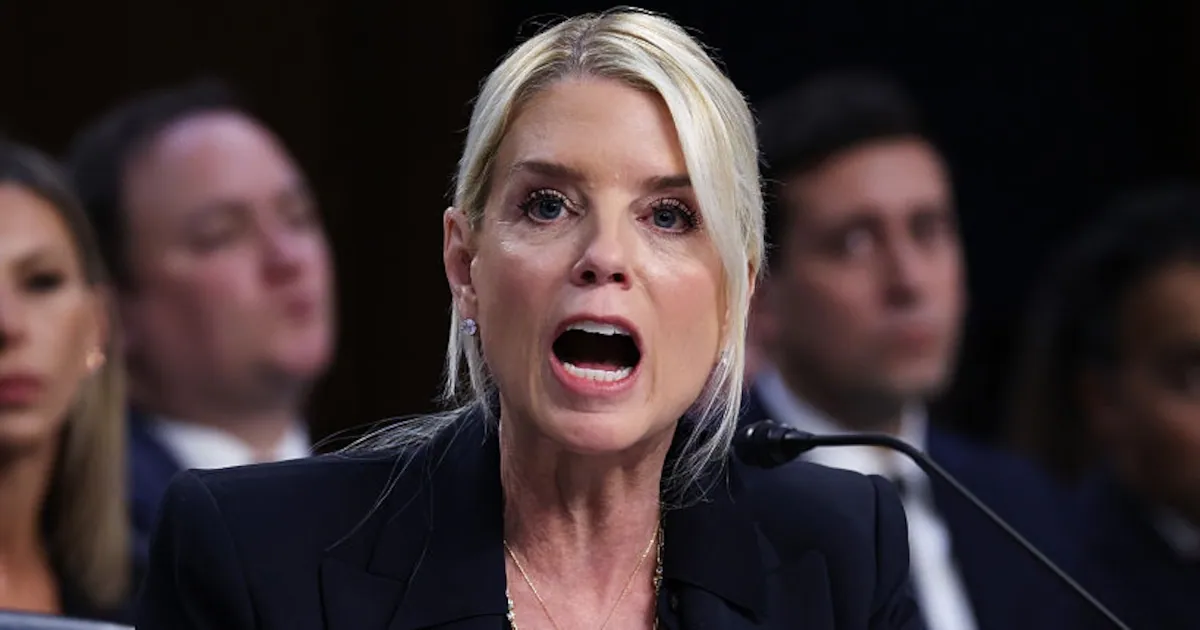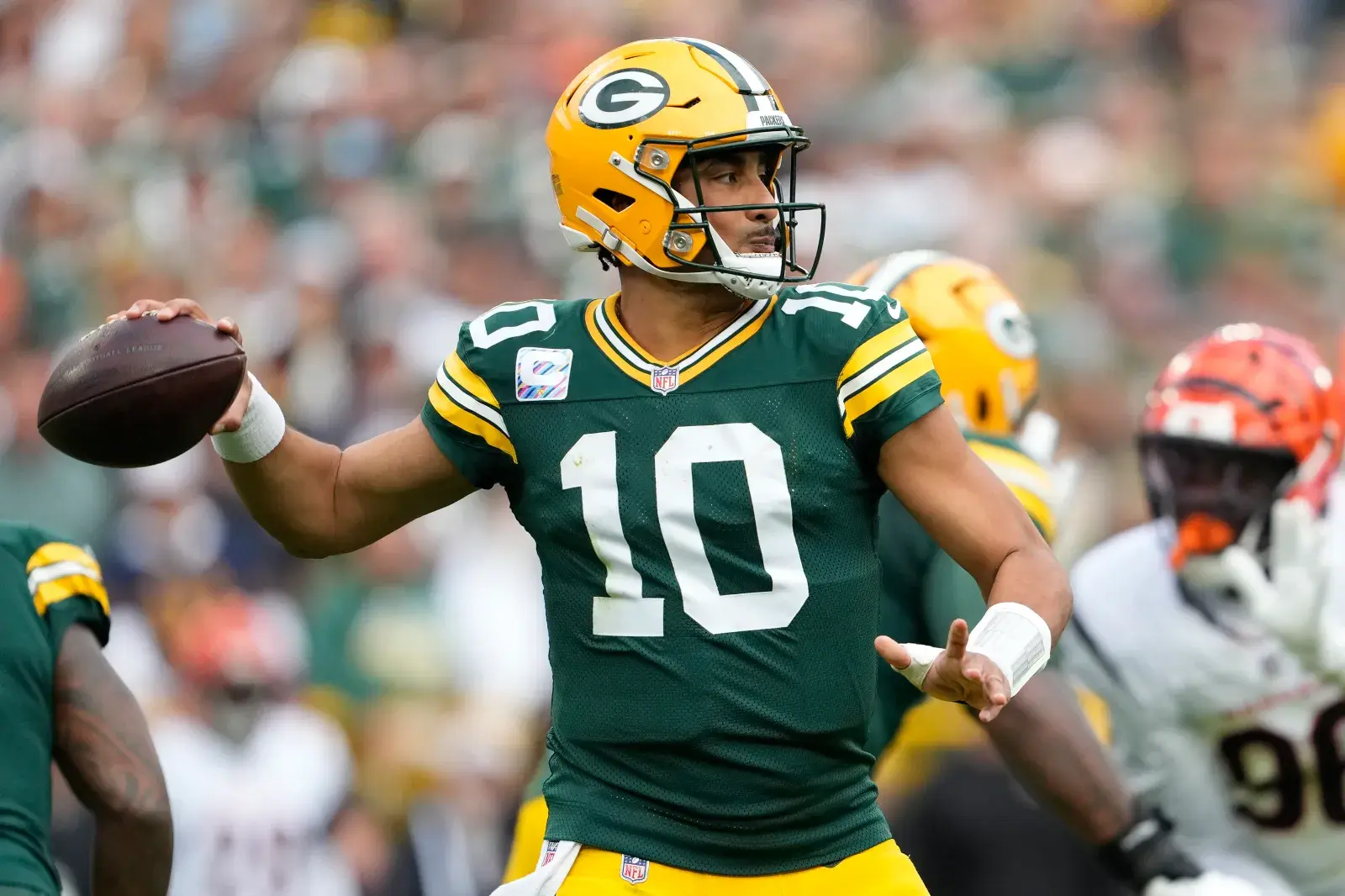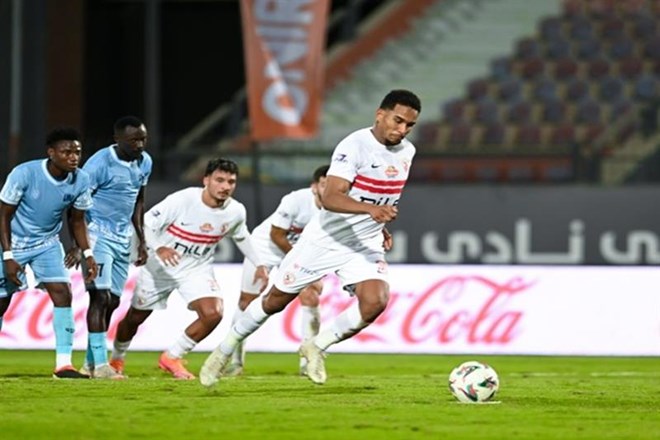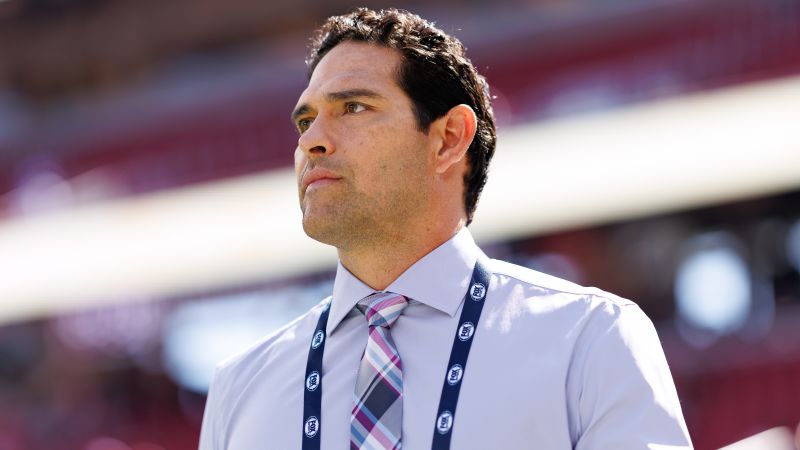Copyright timesnownews
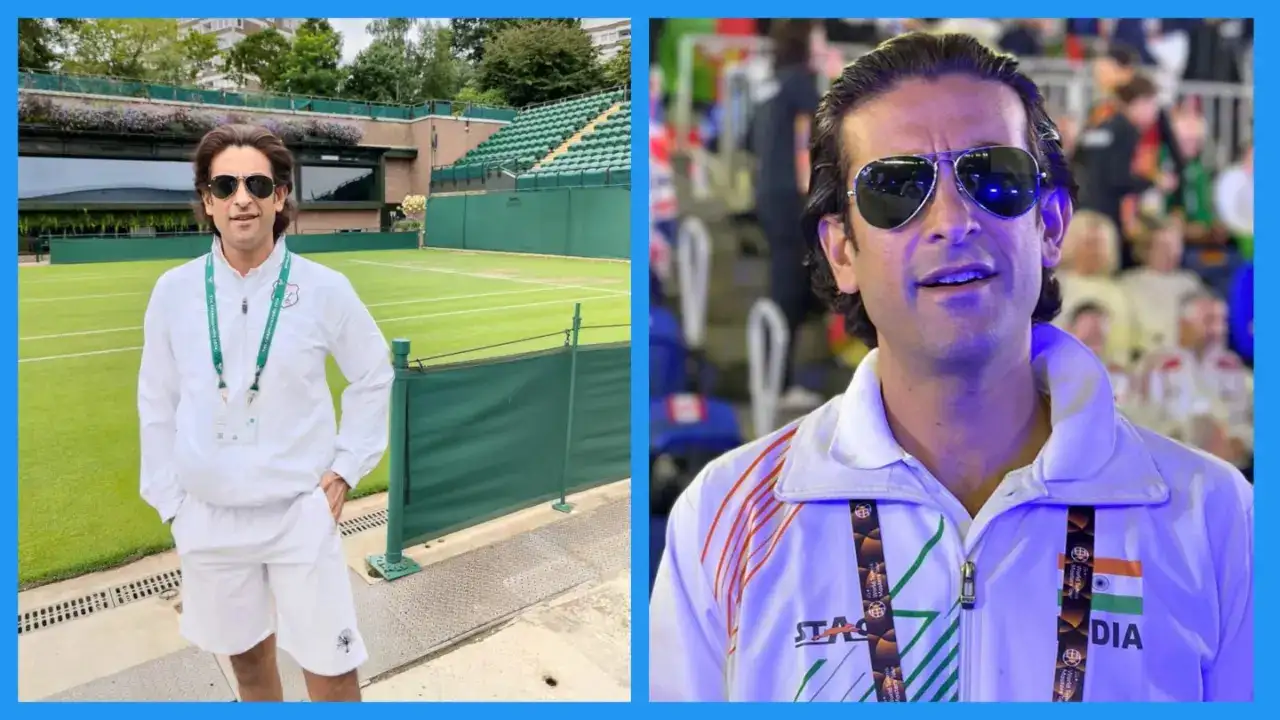
Pickleball World Ranking (PWR) co-founder Ashish Khanna had little knowledge that a casual conversation on tennis with a friend in Delhi would ignite a nationwide sporting revolution. He had no idea that tennis, which continues to be his first love, would one day have to share space in his heart, challenged by the unexpected arrival of pickleball in his life. What followed next was a pickleball match the subsequent day, and perhaps as it turns out, it will be the most eventful match he has ever taken part in that has gone on to redefine the pickleball landscape in the country. The former India tennis player saw in pickleball the perfect blend of skill, accessibility, and joy. Watching players evolve from beginners to world champions fills him with emotion. When the Pickleball Now team spoke with him, Khanna went back in time to recall how it all started, the future of pickleball in India, and how it is no longer a sport in India but a movement. Below are the excerpts of the interview: 1) When you look back at the first spark that lit this entire Pickleball movement in India, what memory stands out the most — that one moment when you felt, ‘Yes, this can be something big’? And how did all of you get together. Take us through that. Ans: I was having a long conversation with a very dear friend of mine in 2018 over tennis. That gentleman headed a huge organisation in the US for Tennis Coaching and Programs with over a hundred thousand coaches under their organisation. We got talking about what’s next in sports, and he mentioned pickleball. That is when we managed to get our first game of pickleball the subsequent day on the tennis courts in Delhi. We played this really addictive game for an hour, and it was so much fun. With the ease of play, I immediately knew this would be the future of racquet sports all over the world, but especially in India. It’s a perfect sport. It’s highly skill-based, social, and easy to play. We have a huge base of great Indian tennis, squash, badminton, and table tennis athletes. Now, to transition them and to make India a superpower in pickleball was the first thing that came to my mind. Being a tennis player and having played for India, my understanding was that the sport clearly indicated huge potential for Indians to excel. That was the first spark for me. 2. Every great journey has its own share of struggles. What were the moments of doubt that almost broke you, and what kept you going when Pickleball was still finding its feet? Ans: I am very resilient. I have been a sportsman all my life, and was fortunate enough to represent India in tennis. I have been running my businesses, which always have their fair share of ups and downs, and my Masters in Computer Sciences at Imperial, which was a super condensed and really intense course, helped me. To reach an end goal or target, there will be many hurdles and learning processes, and we need to keep inventing, become solution-oriented to reach our end goal of revolutionising pickleball in India. Nothing really broke me. My dear friend Mr. Suryaveer Singh Bhullar, whom I was very fortunate to meet through pickleball, shared the same vision. Plus, our pickleball athletes and our stakeholders, the junior players who we see as the future of the country, have kept our momentum, and we wish to create great picklers from India and generate a huge number of medals for our country. 3) PWR and IPA have almost become synonymous with the Pickleball dream in India today. How did that relationship evolve? Was it a partnership of purpose or pure passion that brought it together? Ans: TheIndian Pickleball Association and PWR have a common end goal - the success of pickleball in India. This can only happen by creating top pickleball players in India, have a great tournament structure for both professionals, juniors and amateur circuit. Most importantly, also to make the Great Khelo India Movement happen. We believe Pickleball is one of the most social sports and will be the second most played sport in India. This sport will be a part of the Great Khelo India Movement, and we will put all our efforts into achieving this dream of making India a big sporting nation. PWR and IPA have a common vision - growth of the sport, management of the sport, development of infrastructure, tournament structure, rankings, junior programs, seniors program, national-level coaching centers, zonal coaching centers, gender equality, to name a few. We expect a 50 percent female participation in this sport. Our ideologies match. IPA is led by the right management. A team of players who have played Asian Games, Davis Cup for India, top technical advisors who have done chair umpiring at Wimbledon, sports stars, coaches, and management specialists with strong academic and sporting backgrounds. This is what the sport requires for the future. 4) From modest courts to national-level tournaments at iconic venues — how does it feel to witness that transformation with your own eyes? What emotions run through you seeing IPA Nationals becoming what they are today? Ans: Sporting infrastructure, I have never been worried about. Since the early 2000s and post-2008, after the start of IPL, there has been a huge change in the Indian social system where sportsmen and women have turned into stars. The outlook of the country to sports post-2008 has changed, resulting in a mindset change in schools, universities, and overall social dynamics, where more and more infrastructure has been built. The interesting part of pickleball is that this sport is played on the same surface as a tennis court, or an outdoor basketball court, or an outdoor badminton court. There are over a few hundred thousand of these courts in India. So if there was any excess capacity of tennis courts or basketball courts, they can be overnight painted into pickleball courts, and the number is four times more. So basically, one tennis court/basketball court gets converted into four pickleball courts overnight without really affecting the existing infrastructure, as most places have 3-6 courts. Thus, without really eating into other sports, we can generate a huge number of courts without a problem. Then we also have options of roll system courts, which can be rolled for the day and taken out by the evening. So this dynamic court enables so much flexibility that pickleball is not constrained by infrastructure; it’s inclusive can reach each corner of the country with a simple roll on a mat. Sometimes people just play on concrete as well. That’s the beauty and reach of the sport. We ideally want every person in the remotest village in India to be empowered and have accessibility to pickleball through cheap racquets, balls, and courts. It’s surely a beautiful feeling to have reached this stage where we are holding our IPA Nationals in Bengaluru. We will have majorly all states participating, all states have had a transparent system of selection through open trials, and our estimated, or rather calculated guess, is that over 2000-3000 people have played the state trials. That’s approximately 20 states having 100-200 entries on average. Our initiative for this Nationals is probably one of the largest movements in racquet sports for a tournament. Our tournaments have travelled all over India, from R K Khanna stadium, New Delhi, where Rafael Nadal, Novak Djokovic and various other tennis legends have played, to the illustrious city of Kolkata. We have had tournaments by the bay in Chennai, Nagaland has been actively doing events, our events have spanned all over India, from Kashmir to Tamil Nadu, Kerala, and from Gujarat to Nagaland. IPA and PWR are humbly trying to reach every corner of the country and make the sport accessible to all. 5. You’ve seen players grow with the sport, from beginners to representing India on the world stage. What does it mean to you personally to know PWR played a role in shaping those dreams? Ans: As I mentioned in my first answer, as a sportsman or academician, whatever you would like to call me, I saw potential in the already existing huge skill set that we already possessed in India. Our existing sportsmen in tennis, badminton, and squash are very good. In this short span of time, we had to hone the already existing great skill set we have and also excite people to join this new-age sport. It’s always a challenge to convince players to move from traditional sports to new-age sports. So it had to start from home. I made my son and daughter play pickleball, and if anyone I was convincing to take up the sport, there was no better answer for me to give than to tell them that my kids play pickleball. They were both tennis players and had won national-level tournaments, but I still made the change. We were also lucky that Nitten Kirrtane, an old tennis buddy of mine, started playing pickleball. He won gold at the Pickleball World Cup with our IPA President Suryaveer Singh Bhullar. Similarly, we had Amrita Mukherjee, a Gold medalist at the Pickleball World Cup, and Mihika Yadav Silver medalist, Aariv Raj Khanna, two Bronze medals, Anuskha Chhabria with 5 medals, and Aayra Khanna with two medals at the World Cup - all have a tennis background. There has been tremendous work done by IPA President Suryaveer Singh Bhullar and our National Coach Dhiren Patel. The National Centre of Excellence, under the direct supervision of a very passionate President, has produced some really good players like Veer Shah, Dev Shah, Kian Contractor, Aman Patel, Jeet Sood, Purvansh Patel, Vivan Patel, and Yuvraj Singh. These are just a few. Most of them represented India and won many medals for us. Our President has been leading from the front with a Gold medal himself. In the years to come Indian pickleball players will be the ones to reckon with. 6. If Pickleball were a person, how would you describe its personality today, and how different is it from the ‘child’ you first helped nurture? Ans: It’s the T-20 of racquet sports; it’s fast, exciting, social, entertaining, scoring is easy to understand, and relatable. Pickleball for me is Ranveer Singh and his journey from a star to a superstar. I can’t think of a better one than comparing this highly addictive, energetic sport to any other star. 7. We often talk about growth in numbers, but what’s the emotional growth you’ve seen in the community, the players, and in yourself through this journey? Ans: Of course, the numbers are exponentially rising. You probably will need a good statistical Mathematician or an Actuarial Scientist to specify what’s going to happen in this sport if it continues to grow at this pace. I seriously can’t comprehend the numbers we are looking at, as they definitely defy logic. Pickleball is a full-on community sport; you need to be at a pickleball center in the evening if you really want to know what this sport is all about. It’s where friends are meeting up each evening, families are playing with each other, there is music, food, socialising, an element of fun, and the best part is it’s leading to a super healthy lifestyle. I have seen grandparents playing pickleball with their grandchildren; that’s the beauty of the sport. Generally, I have also seen players pick up a racquet sport, play for a few days, and then give it. In the case of pickleball, I have only seen additions and more additions; it’s a sport for life. 8. Do you remember a moment during any IPA event when you looked around and thought — ‘This is no longer just a sport, this is a movement’? Ans: That’s an interesting one. I have already answered that growth in pickleball is defying all logic; it’s unimaginable. I guess how PWR, IPA, and all stakeholders, players are representing the sport socially, it is having a major impact in attracting more and more people to the sport. This revolution in the sport has been fundamentally due to the team of PWR and IPA and the people behind it. They know the sport, they play it themselves, they represent it well, and they have a vision for the sport. We are very thankful to the Ministry of Youth Affairs and Sports, Government of India, for supporting this movement. Their vision and trust in this sport have been far greater than ours, and we are grateful to them. It’s because of the Ministry of Youth Affairs and Sports, an Official Indian Team represented India at the Pickleball World Cup, where India secured a 7th position out of 68 participating countries. India was the Number 1 Asian Nation at the Pickleball World Cup. IPA/PWR, under their guidance and support, will achieve more medals for India. We really thank them for all the support and vision to make India a great sporting nation. 9) For someone who’s been there since the beginning, how do you balance nostalgia for the early days with the hunger to take Pickleball to the next level globally? Ans: I have been fortunate to be there since the beginning of the pickleball movement. We, as a team are very pragmatic. We have to make the best decisions for the sport to grow. We are hopeful that pickleball becomes a part of the Commonwealth Games first in India, then of course, at the Asian Games and Olympics. We would definitely like to achieve medals at these international stages. We also endeavor to get the Pickleball World Cup, and Asia Cup to India, and we want to be the strongest pickleball-playing nation in the world. While nostalgia, emotions set in, ultimately, the best decisions for growing the sport, generating employment, opportunities, and eventually medals for the country, is the aim. 10) If you could send a message to that younger version of yourself who first believed in this sport, what would you say to him now standing here, ahead of the IPA Nationals? Ans: I would only say one thing: come and see the Nationals and believe it for yourself. We have moved grounds to be where we are.Pickleball, I predict, will be the second most played sport in the country after cricket in the next few years to come. About Indian Pickleball Association: The Indian Pickleball Association is the official governing body for pickleball in India and is dedicated to promoting, developing, and organising the sport across the country. The association continues to inspire players of all ages and skill levels to embrace the game through events like the IPA Nationals. IPA is affiliated with the Asian Pickleball Association (APA) and the Global Pickleball Federation (GPF). About Pickleball World Ranking: PWR is a national ranking system that spans all age groups, skill divisions, and formats -including singles, doubles, and mixed categories. It serves as the official National Sports Federation Ranking for India. With multiple sanctioned events taking place every week across the country, PWR defines the top Indian players at every level and forms the foundation for team selection at the school, district, state, and national stages. Stay connected with all the latest news on Pickleball, exclusive behind-the-scenes content, tips, and inspiration you won't find anywhere else. Your ultimate destination for all things pickleball – where the community comes together for news, views, and the sport that's sweeping the globe. Follow us at @pickleballnow on Instagram and be part of the community!
